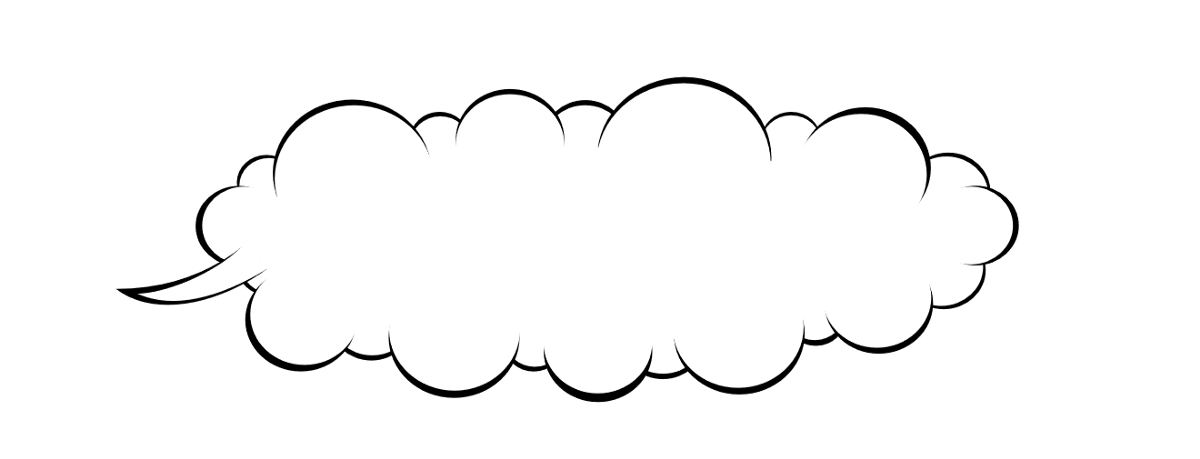How to Build a Buzzword

And why they’re so powerful
Recently a friend asked why people have an abundance of concern for “porch pirates.” “Is package theft truly a frequent problem?” he asked. “Or is the inconvenience so tremendous people loath to deal with it even once?”
While I tend to support the latter theory, I also believe the term “porch pirate” itself is behind the surge in concern. The term is evocative, instantly grokked, and puts a name to a common problem previously dealt with privately. That last part is key: nearly all of us have had packages stolen at one time in our lives, but it was never more than a personal inconvenience. You might mention it in the office kitchen the next day, killing time while coffee brews, but it wasn’t something you shared.
“Porch pirate” puts a name to your personal experience and instantly makes it communal. In a moment it crystallizes internal thoughts and makes them portable. It is an exemplar buzzword.
I am a massive fan of the Sapir-Whorf Hypothesis, which suggests that the languages we speak are the framework that we use to understand the world. Meaning: language does not just describe reality, it defines reality. The words you know establish the boundaries of what you can understand.
Whorf sums it up nicely (emphasis mine):
We dissect nature along lines laid down by our native languages. The categories and types that we isolate from the world of phenomena we do not find there because they stare every observer in the face; on the contrary, the world is presented in a kaleidoscopic flux of impressions which has to be organized by our minds — and this means largely by the linguistic systems in our minds. We cut nature up, organize it into concepts, and ascribe significances as we do, largely because we are parties to an agreement to organize it in this way — an agreement that holds throughout our speech community and is codified in the patterns of our language. The agreement is, of course, an implicit and unstated one, but its terms are absolutely obligatory; we cannot talk at all except by subscribing to the organization and classification of data which the agreement decrees.Sapir and Whorf focused on the differences between languages and cultures, but I most frequently reference their idea on the micro level, when new terms emerge in a single language.
Which brings us back to buzzwords.
Not all new words are buzzwords. Most new words are esoteric — jargon — describing new concepts or ideas among groups of experts forging new ground. To understand these new words you must be actively learning and exploring the new terrain they occupy. Jargon emerges with expertise.
Buzzwords describe what you already intuitively know. At once they snap the ‘kaleidoscopic flux of impressions’ in your mind into form, crystallizing them instantly allowing you to both organize your knowledge and recognize you share it with other. This rapid, mental crystallization is what I call the buzzword whiplash. It gives buzzwords more importance and velocity, more power, than they objectively should have.
The potential energy stored within your mind is released by the buzzword whiplash. The buzzword is perceived as important partially because of what it describes but also because of the social and emotional weight felt when the buzzword recognizes your previously wordless experiences and demonstrates that those experiences are shared.
Which is why people are suddenly concerned with “porch pirates.” The term is a perfect buzzword. And the whiplash of recognition makes people more concerned than they objectively should.
You too could build a new buzzword. Here’s how to:
- Identify a common experience everyone intuitively is aware of but has difficulty expressing concisely (or at all).
- Craft a term to encapsulate this amorphous experience in plain and evocative language.
- Seed the term among an expressive, socially connected community in a form they want to consume and share. That’s it!
We haven’t talked about step 3 yet, but it is just as essential as the others. “Porch pirate” registers as barely a blip in Google Trends (despite describing a common experience) until Mark Rober built a glitter bomb trap to catch a package thief and uploaded the footage to YouTube. Rober went viral as did the term:

Rober’s video went live on December 17th 2018. That high mark is December 16–22nd, 2018.
Buzzwords are more powerful than what they describe. By helping you better recognize your own experiences and demonstrating they are shared, they are emotional and social explosions. Often they are accidental, like “porch pirate.” Other times they have intent, like “fake news”. It is crucial we understand how buzzwords work to counter the spells they cast.
When we understand how tricks work they becomes less awesome.